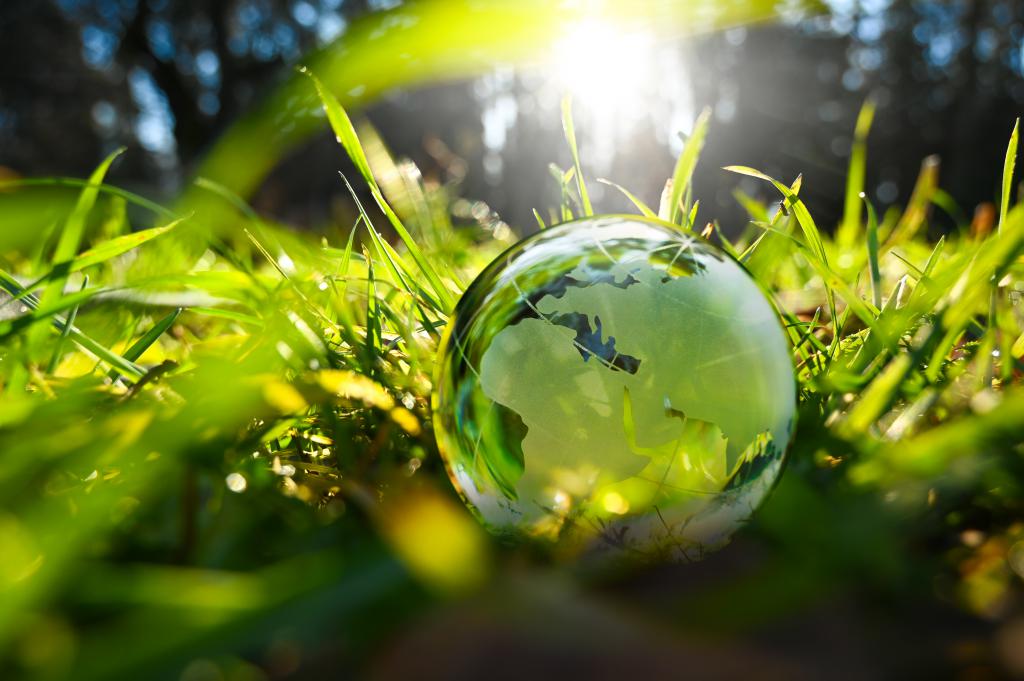PKEE welcomes the draft proposal that aims at reducing dependency and diversifying imported strategic raw materials. We believe that this proposal strengthens the autonomy in the supply of key raw materials in the EU for net-zero technologies. If done right, it can boost domestic production in the EU away from other countries including China.
The Commission’s proposal to maintain the status of critical raw materials for coking coal and copper and in addition the status of copper as strategic raw material is crucial. These raw materials are essential components for steel production and are used in many strategic sectors including the manufacturing of wind turbines, solar panels, and nuclear power stations. Their inclusion in the list will contribute to a successful green energy transition by reducing a carbon footprint. Moreover, Poland is the leading producer in the EU of these raw materials. However, further extraction of coking coal should not be jeopardized by the restrictions laid down by the Commission’s proposed Regulation on methane emissions reduction. Thus, the compromised text agreed upon by the European Parliament on the 9th of May that modifies the Commission’s proposal concerning emissions from coal mines, and exempts coking coal from rules on methane venting is a step in the right direction. We also support the Commission’s proposal to maintain the status of critical raw materials for heavy and light rare earth elements. We would like to pay attention that China dominates the rare earth metal supply chain, elements that play a critical role in developing new industries and that are essential to green transition. Therefore we should not pose a threat to global rare earth supply chains and rapidly break China’s dominance in this matter. EU Member States must be careful not to become dependent on other countries for raw materials, as was the case with gas supplies from Russia in the past.
Moving from fossil fuels to clean energy technology requires more raw materials that should be mined in the EU. Therefore secure and sustainable access to critical and strategic raw materials is a must. PKEE acknowledges concerns about the effectiveness of the Critical Raw Materials Regulation and whether the investment leakage risk will be properly addressed without adequate financing. We do see the potential of the proposed Act in boosting more mining, processing, and recycling projects in Europe. However, passing the financial responsibility also on the Member States’ existing instruments and programs may result in unfair competition between countries. Some Member States may provide more State aid to companies than others which will lead to market fragmentation. The Regulation shall aim to restore fair competition between all companies operating in the internal market and guarantee equal access in terms of financing Strategic Projects. Investors and producers also need stability. Therefore we call on the co-legislators to also provide direct financial support at the EU level by introducing a dedicated EU investment fund for Strategic Projects to ensure a level playing field.
Moreover, to ensure company risk preparedness, large companies that manufacture strategic technologies using strategic raw materials shall perform an audit of their supply chain every two years. We strongly urge the co-legislators to clarify provisions in 23.3. PKEE’s members would like to underline that general conclusions regarding the structure of supplies of critical raw materials (audit results) for the technology manufacturer (not constituting a trade secret) may be presented to business partners/investors at their request.

